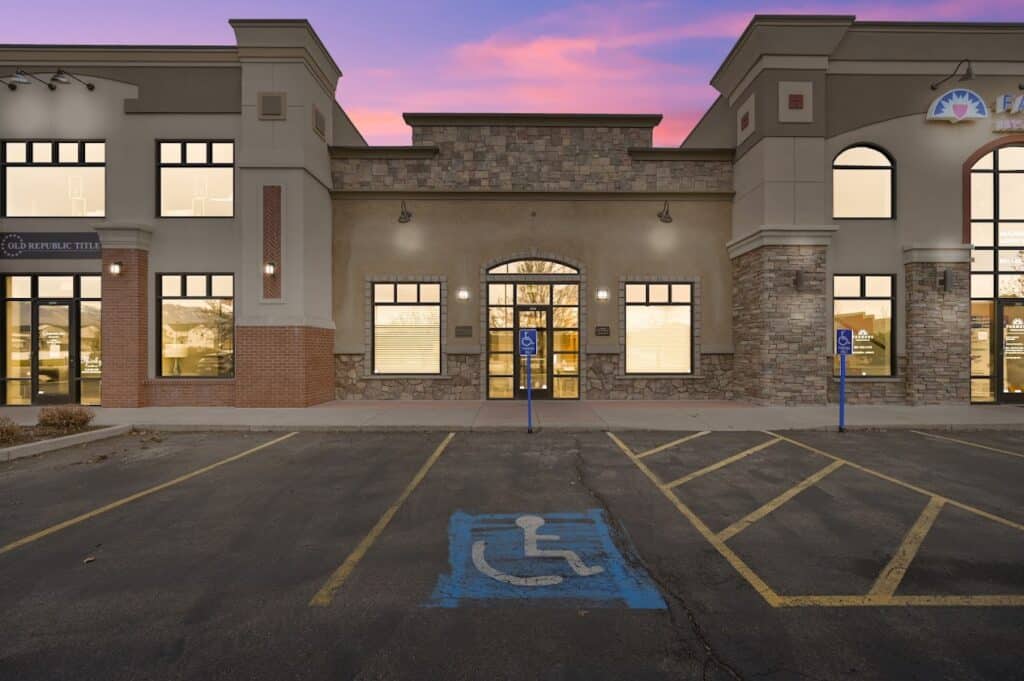Bipolar spectrum disorders are a group of mood disorders that involve episodes of mania or hypomania. Mania is a condition in which you have a period of abnormally elevated, extreme changes in your mood or emotions, energy level or activity level recognized by others as beyond your usual self. Hypomania is a less severe form of mania. In bipolar disorder these elevated moods alternate with episodes of depression.
Bipolar spectrum disorders are associated with significant impairment in daily functioning, and often occur with other mental health disorders, such as anxiety disorders, substance use disorders, and personality disorders. Bipolar disorder is also associated with a higher risk of suicide, with estimates suggesting that up to 20% of individuals with bipolar disorder die by suicide.
These disorders can severely affect a person’s mood, behavior, and daily functioning, and can have a significant impact on their relationships, work, and personal life. There are several types of bipolar spectrum disorders, each with distinct features and diagnostic criteria.
Bipolar I disorder is the most severe type of bipolar disorder and is characterized by at least one episode of mania or mixed episode, and one or more episodes of major depression. Mania is a state of elevated or irritable mood, along with increased energy, racing thoughts, decreased need for sleep, grandiosity, and increased risk-taking behavior. Mania can lead to hospitalization. A mixed episode is a combination of symptoms of mania and depression, such as sadness, hopelessness, irritability, agitation, and restlessness.
Bipolar II disorder is a milder form of bipolar disorder, and is characterized by at least one episode of hypomania and one or more episodes of major depression. Hypomania is similar to mania but is less severe and does not usually lead to significant impairment or hospitalization. However, individuals with bipolar II disorder may experience longer periods of depression than hypomania, and may experience more severe depression than those with bipolar I disorder.
Cyclothymic disorder is a milder form of bipolar disorder that involves chronic fluctuating mood swings, with periods of hypomania and periods of mild depression. The symptoms are less severe than those of Bipolar I or II Disorder but can still cause significant impairment in daily functioning.
Bipolar disorder not otherwise specified (BP-NOS) is a category for individuals who have symptoms of bipolar disorder but do not meet the full criteria for any of the above subtypes. This may include individuals with subthreshold manic or hypomanic episodes or individuals with rapid cycling, which involves four or more episodes of mania, hypomania, or depression within a year.

Bipolar spectrum disorders are a complex and challenging group of disorders that require specialized treatment and ongoing support. Effective treatment can help individuals manage their symptoms and improve their quality of life, and can reduce the risk of suicide and other adverse outcomes. With proper care and support, individuals with bipolar spectrum disorders can lead fulfilling and productive lives.



If you or a loved one are looking for a compassionate space to address mental health issues such as bipolar disorders, reach out to our Admissions team now at Corner Canyon Health Centers.

We are specifically formulated to offer personalized therapeutic interventions to adult individuals with mental health disorders.

We provide a comprehensive Intensive Outpatient Program (IOP) that offers clients the opportunity to attend group therapy sessions three to five times a week.
Corner Canyon now accepts most major health insurance plans. Get in touch with our admissions team today.
